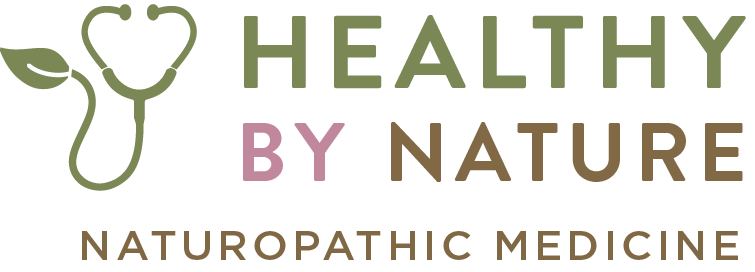About Naturopathic Medicine
Naturopathic Doctors
Naturopathic doctors (ND) are specialists in integrative medicine, combining extensive education and training in both natural and conventional allopathic medicine, emphasizing the use of the safest, least invasive methods to treat disease by restoring health. The education entails a 4-year graduate level program, national board examinations in basic and clinical sciences, and curriculum including basic sciences, clinical sciences, diagnostic techniques and tests, pharmacology, minor surgery, and range of naturopathic therapies including botanical medicine, nutrition and nutritional biochemistry, physical medicine, homeopathy, eastern and Chinese medicine and mind/body medicine.
Philosophy of Naturopathic Medicine
Naturopathic Medicine is a distinct, unique and comprehensive approach to disease diagnosis, treatment and prevention utilizing natural based therapies to support and stimulate the body’s inherent self-healing process. Founded upon a holistic philosophy, naturopathic medicine combines safe and effective traditional therapies with the most current advances in modern science. “Conventional” or “mainstream” medical practice is based on knowledge of disease and specializes in the use of drugs and surgery to treat acute and chronic disease. Alternatively, Naturopathic Medicine focuses on the identification of factors that promote health, and supports the body to heal itself by providing the proper environment to do so by removing obstacles impeding health. Solidly grounded in scientific theory and practice, Naturopathic Medicine focuses on safe, natural, and minimally invasive therapies before resorting to more invasive therapies, with the goal of minimizing the reliance on drugs and surgery to achieve and maintain optimal health and wellness. The patient’s symptoms, in the view of naturopathic philosophy, are the result of the body attempting to heal. They provide a road map for the naturopathic doctor to understand the underlying disharmony that has caused the condition or illness. Treatments are often more involved and time consuming than conventional drug-based medicine. Our objective is not just to relieve a symptom but to achieve a healthier more enlivened person physically, mentally and emotionally.
Integral to naturopathic medicine is a unifying philosophical approach to health summed up in The Principles of Naturopathic Medicine which recognizes the body’s innate wisdom and healing capacity (Vis Medicatrix Naturae) and the physician’s role to treat disease by restoring the body to its natural and balanced state (Tolle Causum).
What is the Education of a Licensed Naturopathic Doctor?
Naturopathic physicians undergo training that is similar in structure and scope to that of medical and osteopathic doctors. Naturopathic medical colleges are four-year graduate schools with rigorous admissions requirements comparable to other medical schools. The Doctor of Naturopathic Medicine (ND) degree is awarded after classroom, clinic and practical study. ND’s are trained in medical sciences including anatomy, physiology, biochemistry, microbiology, immunology, pharmacology, cardiology, neurology, radiology, minor surgery, obstetrics, gynecology, embryology, pediatrics, psychology, pharmacology, minor surgery, dermatology, and clinical and physical diagnosis. The training also includes extensive study of naturopathic philosophy and therapeutics including therapeutic nutrition, botanical medicine, homeopathy, ayurvedic medicine, hydrotherapy, manipulative therapy, and counseling. Because coursework in natural therapeutics is added to a standard medical curriculum, naturopathic doctors often receive significantly more hours of classroom education in these areas than the graduates of many leading medical schools, including Yale, Stanford, and Johns Hopkins. Naturopathic physicians must then pass rigorous federal and state licensing exams.

